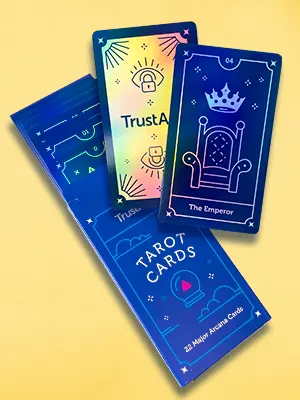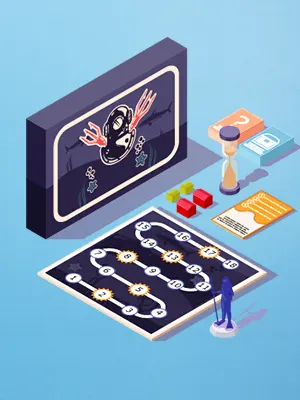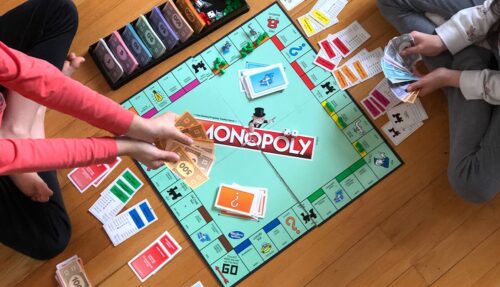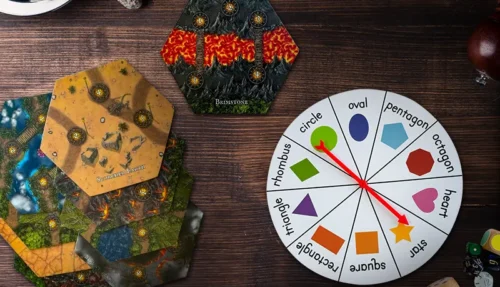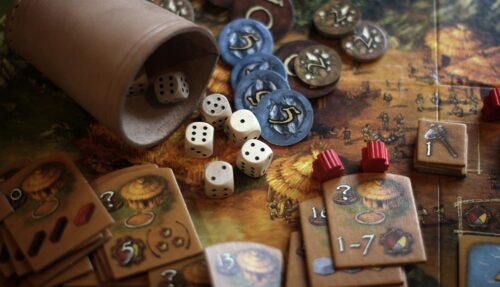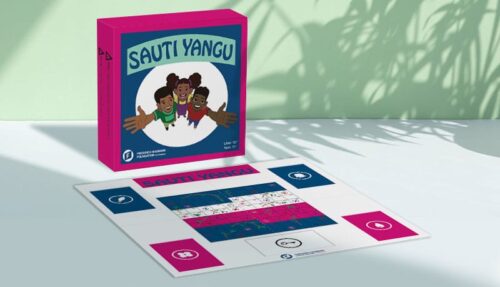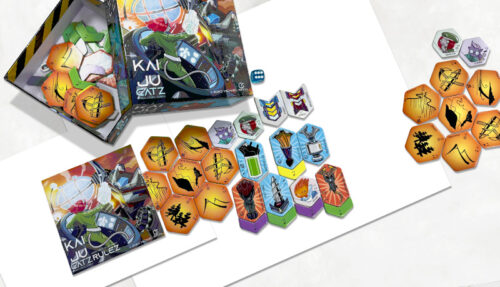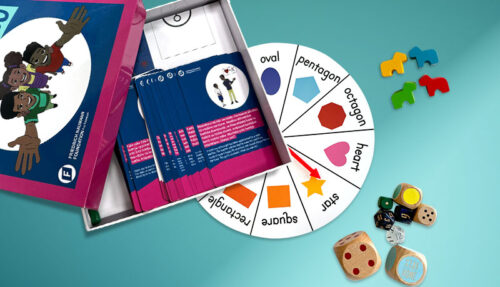One of the core iterations in the successful development of any board game is play-testing. Here, we explain the tremendous advantages you'll gain by being a willing play-tester before you dive into your own game design
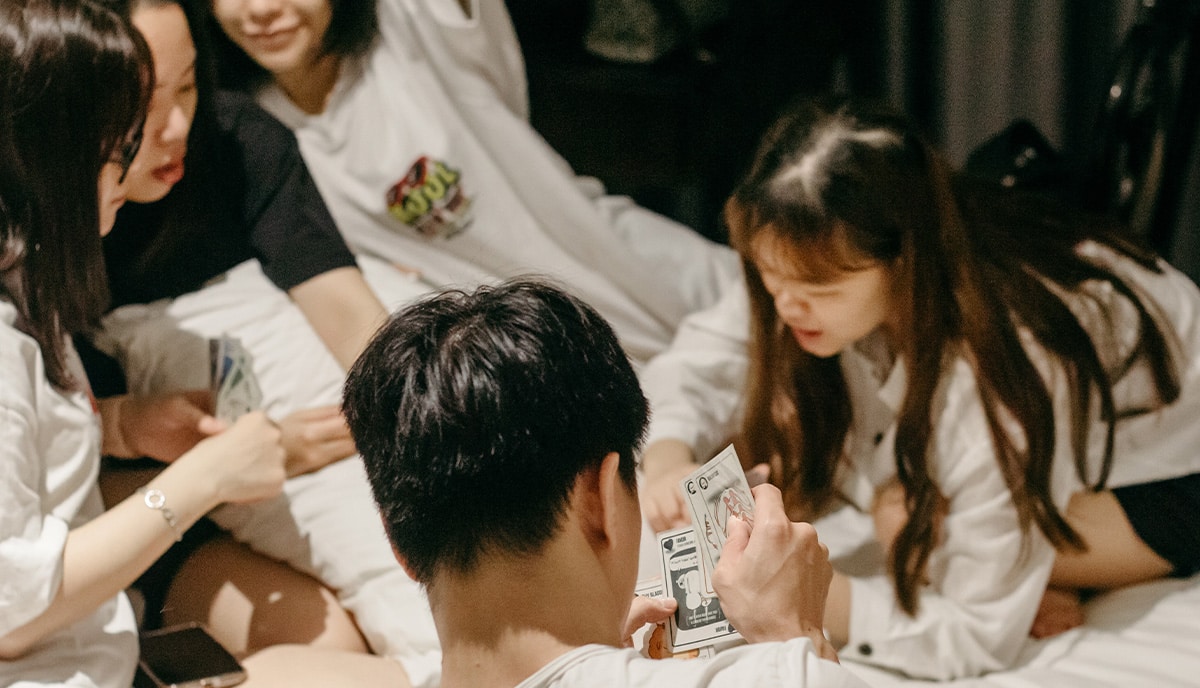
Board game industry vs board game community
There are maybe two levels to the board game business: on one hand, it’s an industry, and on the other hand, it’s a community. And there’s a liminal space, a fuzzy area, between the two, and where they often overlap. But it’s in this space that many of the most creative partnerships and connections occur. No board game is ever the product of one person’s solitary endeavor. Many of the world’s most successful board games — Chris Haney and Scott Abbott with Trivial Pursuit, Gary Gygax and Dave Arneson with Dungeons and Dragons, and Satoshi Tajiri and his friend Ken Sugimori with Pokémon, for example — have been profound collaborations. And even those board game designers who have been the “single parent” of their game idea will recite a long list of people without whom they couldn’t have done it: friends and family, other more experienced designers giving advice and feedback, and armies of play-testers.
If your ambition is to make money from designing and selling board games, then you need to grasp an important fact: you need to give — and give quite a lot — before you receive. This is true in every sense. No-one owes you anything, after all. Do you want feedback down the line from a professional game designer you admire? Then offer to play test a game they’re just developing. Do you want to crowdfund the production of your game on Kickstarter? Then be as generous as possible with the rewards that you offer your supporters. Do you want to persuade others to play test your own game? Then, don’t just turn up out of the blue; get involved in the community, get active on the online forums, go to your local game night or hangout.
You've got to give to get
Now, let’s be clear: this isn’t just a “you scratch my back and I’ll scratch yours” tactic (although, let’s be honest, it is that, too). By getting involved in the board game community, by being generous, having fun, and helping others, we guarantee you will learn much more and much faster than you would jealously guarding your idea or selfishly trying to promote only your own needs and interests.
For example, let’s say you commit to signing up as a play tester for a range of new products in development. Now, as you’ll know, you’ll need not only to play the games, but to answer and ask questions. When answering questions — whether that’s in an informal round-table setting, in an online chat room, or via a questionnaire, try to be critical and constructive.
By critiquing constructively — i.e., seeking to suggest solutions to the problems that you’ve identified — you’ll be building your game development muscles, refining your game design vocabulary, and pushing yourself to insights into what does and doesn’t work in a board game. When asking questions, put real thought into it and listen with care to the answers. Again, this is a great way to deepen your understanding of board game theory, themes, mechanics, dynamics, rule structures, and much more.
This process of play-testing lots of games will not only give you one-off insights, but if you watch and examine the techniques that the most successful and experienced game designers use when play-testing a work in progress, you’ll sharpen your understanding of what play-testing is all about, what your objectives should be, how to keep the group focused on outcomes, and how to encourage the best possible feedback.
Keep your finger on the pulse by getting involved online and offline. Board games, by their very physical nature, are not games we play online. Part of the joy is to go in person to your local game night, to go to a convention, to break out a board game in your sitting room with friends. But there are some fabulous resources online and other significant communities, too. We recommend getting involved with these — whether it’s a Facebook group or a sub-Reddit, or a forum on a site like Boardgamesgeek.com.
How to find opportunities for play-testing
Many of these online communities, forums, and discussions are great places to find opportunities for play-testing, to share ideas and experiences, and to question and learn from seasoned game designers who have been in the business for years. And remember that there’s always someone above you and someone below you. So, don’t only go in there looking for someone above you to pull you up; also, reach down to those below you and give them a helping hand.
You can also check out many podcasts, YouTube channels, Patreons, and more that not only give you loads of great information and advice, but the opportunity to share your own ideas, experiences, and ask questions. You could also consider supporting other games designers’ Kickstarter campaigns.
The main idea is to contribute. If you pick up some cool information, share it. If you play a great game, let people know, and why. Be present, willing, supportive, and helpful. The board game player and designer communities are open, friendly, mutually supportive, and collaborative rather than competitive. Sure, that’s different between the big international game companies, but that’s not what you need to think about right now.
Another great thing you can do is to start your own blog or vlog or podcast. You don’t need to pretend that you’re the expert know-it-all. It’s fine just to share your story at the point you are on the journey. Somebody, somewhere, will always find something relatable.
So how does it help you?
Okay, so all of this game playing, chatting, getting involved and having fun will be… well, fun. And yes, you’ll learn bucket loads of practical and tactical stuff about board game design and development, and the nuts and bolt of the industry. But at some point, you need to make your own board game design. How does it help with that?
It helps in several ways. Not all of them are obvious at first. Let’s dive in.
- It gives you a broad insight into what games other people are currently designing and developing
- You get to experience first-hand what makes a game work and what slows it down or stops it being fun
- By play-testing other people’s games constructively, you solve potential problems on your own before they even come up
- You build a reputation in the board game community and make new friends—who you can later ask to play-test your game
- Game designers all have slightly different approaches to what they test at various stages, why they test it, and how. You get to learn from seasoned game designers by play-testing for them
It’s quite possible that other advantages exist. But those should be enough to convince you of the importance and value of play-testing board games for others before you go on to design your own.
Talk to us!
Once you’ve finished your play-testing process, get in touch and we’ll give you an honest quote for printing your board and box and rule book, and manufacturing all your components. We’ve been in the industry for upwards of 25 years, have a ton of experience and expertise under our belts, and use the latest digital and offset technology. We’d be happy to help you make your dream come true. Let’s talk!


